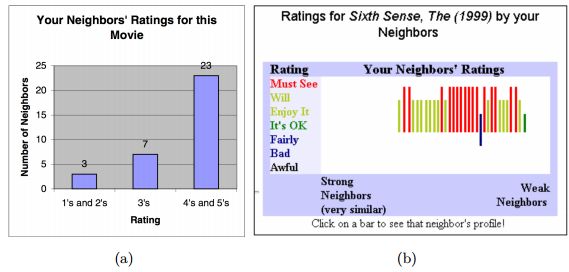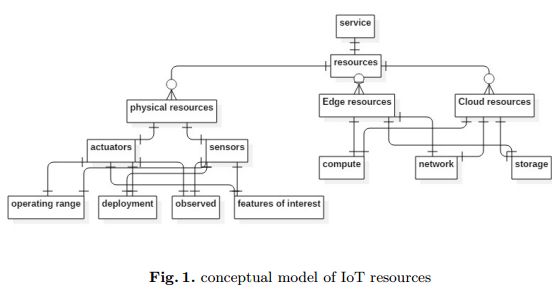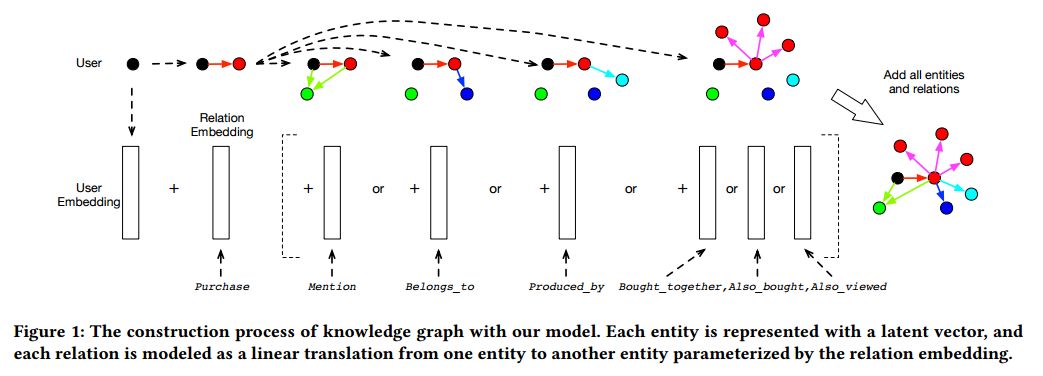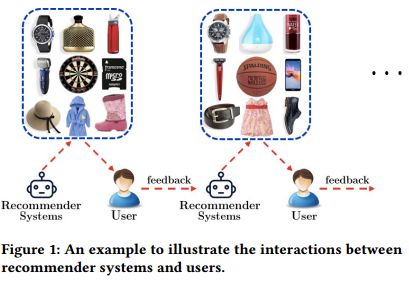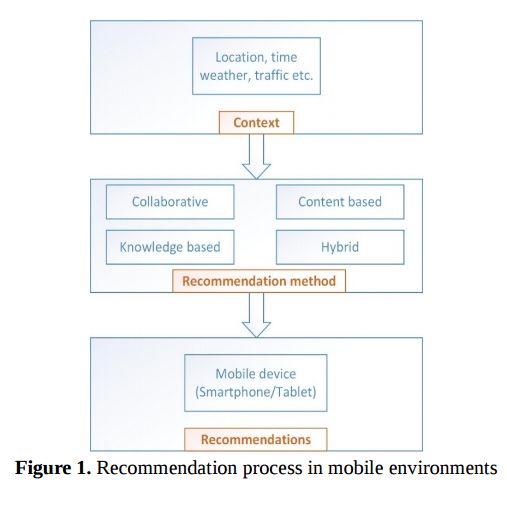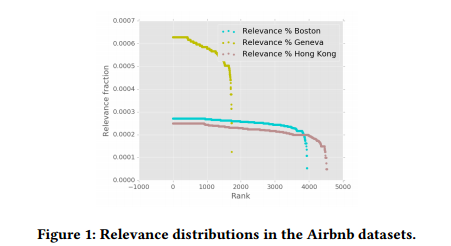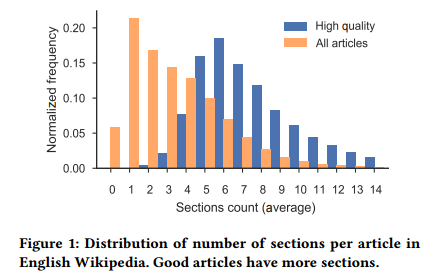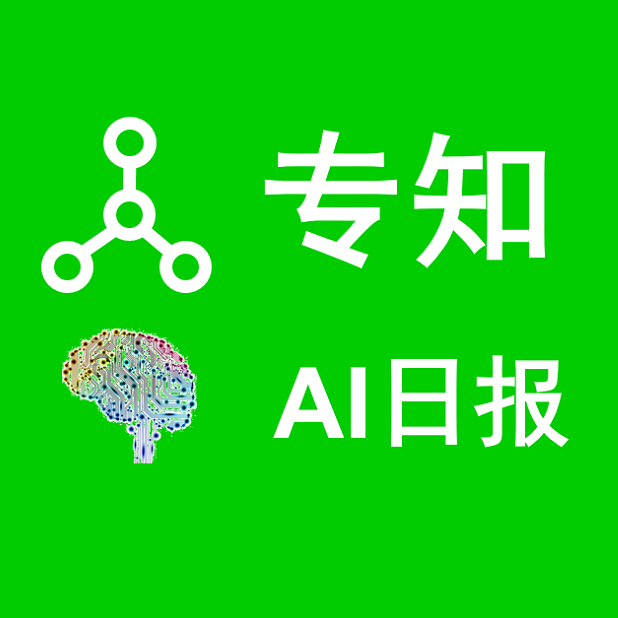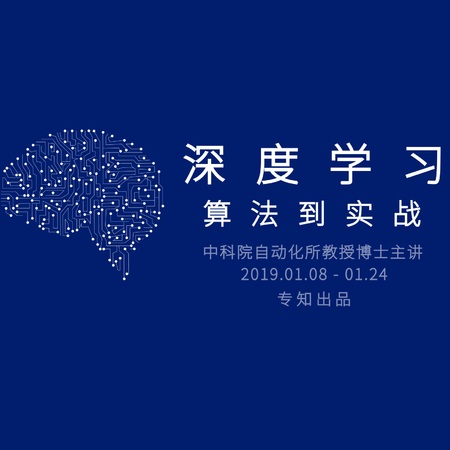【论文推荐】最新八篇推荐系统相关论文—可解释推荐、上下文感知推荐系统、异构知识库嵌入、深度强化学习、移动推荐系统
【导读】专知内容组既昨天推出八篇推荐系统相关论文之后,今天为大家又推出八篇推荐系统(Recommendation System)相关论文,欢迎查看!
9.Explainable Recommendation: A Survey and New Perspectives(可解释推荐:综述与新视角)
作者:Yongfeng Zhang,Xu Chen
机构:Rutgers University,Tsinghua University
摘要:Explainable Recommendation refers to the personalized recommendation algorithms that address the problem of why -- they not only provide the user with the recommendations, but also make the user aware why such items are recommended by generating recommendation explanations, which help to improve the effectiveness, efficiency, persuasiveness, and user satisfaction of recommender systems. In recent years, a large number of explainable recommendation approaches -- especially model-based explainable recommendation algorithms -- have been proposed and adopted in real-world systems. In this survey, we review the work on explainable recommendation that has been published in or before the year of 2018. We first high-light the position of explainable recommendation in recommender system research by categorizing recommendation problems into the 5W, i.e., what, when, who, where, and why. We then conduct a comprehensive survey of explainable recommendation itself in terms of three aspects: 1) We provide a chronological research line of explanations in recommender systems, including the user study approaches in the early years, as well as the more recent model-based approaches. 2) We provide a taxonomy for explainable recommendation algorithms, including user-based, item-based, model-based, and post-model explanations. 3) We summarize the application of explainable recommendation in different recommendation tasks, including product recommendation, social recommendation, POI recommendation, etc. We devote a chapter to discuss the explanation perspectives in the broader IR and machine learning settings, as well as their relationship with explainable recommendation research. We end the survey by discussing potential future research directions to promote the explainable recommendation research area.
期刊:arXiv, 2018年5月13日
网址:
http://www.zhuanzhi.ai/document/7537aeff10368925f3fc6048cad2e2bc
10.A Unified Knowledge Representation and Context-aware Recommender System in Internet of Things(统一的知识表示和上下文感知推荐系统)
作者:Yinhao Li,Awa Alqahtani,Ellis Solaiman,Charith Perera,Prem Prakash Jayaraman,Boualem Benatallah,Rajiv Ranjan
机构:Newcastle University,University of New South Wales
摘要:Within the rapidly developing Internet of Things (IoT), numerous and diverse physical devices, Edge devices, Cloud infrastructure, and their quality of service requirements (QoS), need to be represented within a unified specification in order to enable rapid IoT application development, monitoring, and dynamic reconfiguration. But heterogeneities among different configuration knowledge representation models pose limitations for acquisition, discovery and curation of configuration knowledge for coordinated IoT applications. This paper proposes a unified data model to represent IoT resource configuration knowledge artifacts. It also proposes IoT-CANE (Context-Aware recommendatioN systEm) to facilitate incremental knowledge acquisition and declarative context driven knowledge recommendation.
期刊:arXiv, 2018年5月10日
网址:
http://www.zhuanzhi.ai/document/2ebc0f9330e0326633adc4880e3a6cc3
11.Learning Heterogeneous Knowledge Base Embeddings for Explainable Recommendation(学习异构知识库嵌入的可解释推荐)
作者:Qingyao Ai,Vahid Azizi,Xu Chen,Yongfeng Zhang
机构:Rutgers University,University of Massachusetts,Tsinghua University
摘要:Providing model-generated explanations in recommender systems is important to user experience. State-of-the-art recommendation algorithms -- especially the collaborative filtering (CF) based approaches with shallow or deep models -- usually work with various unstructured information sources for recommendation, such as textual reviews, visual images, and various implicit or explicit feedbacks. Though structured knowledge bases were considered in content-based approaches, they have been largely ignored recently due to the availability of vast amount of data and the learning power of many complex models. However, structured knowledge bases exhibit unique advantages in personalized recommendation systems. When the explicit knowledge about users and items is considered for recommendation, the system could provide highly customized recommendations based on users' historical behaviors and the knowledge is helpful for providing informed explanations regarding the recommended items. In this work, we propose to reason over knowledge base embeddings for explainable recommendation. Specifically, we propose a knowledge base representation learning framework to embed heterogeneous entities for recommendation, and based on the embedded knowledge base, a soft matching algorithm is proposed to generate personalized explanations for the recommended items. Experimental results on real-world e-commerce datasets verified the superior recommendation performance and the explainability power of our approach compared with state-of-the-art baselines.
期刊:arXiv, 2018年5月9日
网址:
http://www.zhuanzhi.ai/document/47d8405d90deaa065ec9905d8ad515eb
12.Deep Reinforcement Learning for Page-wise Recommendations(深度强化学习的页面推荐)
作者:Xiangyu Zhao,Long Xia,Liang Zhang,Zhuoye Ding,Dawei Yin,Jiliang Tang
机构:Michigan State University
摘要:Recommender systems can mitigate the information overload problem by suggesting users' personalized items. In real-world recommendations such as e-commerce, a typical interaction between the system and its users is -- users are recommended a page of items and provide feedback; and then the system recommends a new page of items. To effectively capture such interaction for recommendations, we need to solve two key problems -- (1) how to update recommending strategy according to user's \textit{real-time feedback}, and 2) how to generate a page of items with proper display, which pose tremendous challenges to traditional recommender systems. In this paper, we study the problem of page-wise recommendations aiming to address aforementioned two challenges simultaneously. In particular, we propose a principled approach to jointly generate a set of complementary items and the corresponding strategy to display them in a 2-D page; and propose a novel page-wise recommendation framework based on deep reinforcement learning, DeepPage, which can optimize a page of items with proper display based on real-time feedback from users. The experimental results based on a real-world e-commerce dataset demonstrate the effectiveness of the proposed framework.
期刊:arXiv, 2018年5月7日
网址:
http://www.zhuanzhi.ai/document/854deaa74e7bc460180290a89c75f362
13.Mobile recommender systems: Identifying the major concepts(移动推荐系统:识别主要概念)
作者:Elias Pimenidis,Nikolaos Polatidis,Haralambos Mouratidis
机构:University of Brighton,University of the West of England
摘要:
This paper identifies the factors that have an impact on mobile recommender systems. Recommender systems have become a technology that has been widely used by various online applications in situations where there is an information overload problem. Numerous applications such as e-Commerce, video platforms and social networks provide personalized recommendations to their users and this has improved the user experience and vendor revenues. The development of recommender systems has been focused mostly on the proposal of new algorithms that provide more accurate recommendations. However, the use of mobile devices and the rapid growth of the internet and networking infrastructure has brought the necessity of using mobile recommender systems. The links between web and mobile recommender systems are described along with how the recommendations in mobile environments can be improved. This work is focused on identifying the links between web and mobile recommender systems and to provide solid future directions that aim to lead in a more integrated mobile recommendation domain.
期刊:arXiv, 2018年5月6日
网址:
http://www.zhuanzhi.ai/document/8c321b4b504c44729ef25a7f8d01e194
14.Deep density networks and uncertainty in recommender systems (推荐系统中的深度密度网络和不确定性)
作者:Yoel Zeldes,Stavros Theodorakis,Efrat Solodnik,Aviv Rotman,Gil Chamiel,Dan Friedman
摘要:Building robust online content recommendation systems requires learning complex interactions between user preferences and content features. The field has evolved rapidly in recent years from traditional multi-arm bandit and collaborative filtering techniques, with new methods employing Deep Learning models to capture non-linearities. Despite progress, the dynamic nature of online recommendations still poses great challenges, such as finding the delicate balance between exploration and exploitation. In this paper we show how uncertainty estimations can be incorporated by employing them in an optimistic exploitation/exploration strategy for more efficient exploration of new recommendations. We provide a novel hybrid deep neural network model, Deep Density Networks (DDN), which integrates content-based deep learning models with a collaborative scheme that is able to robustly model and estimate uncertainty. Finally, we present online and offline results after incorporating DNN into a real world content recommendation system that serves billions of recommendations per day, and show the benefit of using DDN in practice.
期刊:arXiv, 2018年5月6日
网址:
http://www.zhuanzhi.ai/document/7f35aad5803809b44d1f2d3b2a930136
15.Equity of Attention: Amortizing Individual Fairness in Rankings (平摊个人在排名中的公平性)
作者:Asia J. Biega,Krishna P. Gummadi,Gerhard Weikum
摘要:Rankings of people and items are at the heart of selection-making, match-making, and recommender systems, ranging from employment sites to sharing economy platforms. As ranking positions influence the amount of attention the ranked subjects receive, biases in rankings can lead to unfair distribution of opportunities and resources, such as jobs or income. This paper proposes new measures and mechanisms to quantify and mitigate unfairness from a bias inherent to all rankings, namely, the position bias, which leads to disproportionately less attention being paid to low-ranked subjects. Our approach differs from recent fair ranking approaches in two important ways. First, existing works measure unfairness at the level of subject groups while our measures capture unfairness at the level of individual subjects, and as such subsume group unfairness. Second, as no single ranking can achieve individual attention fairness, we propose a novel mechanism that achieves amortized fairness, where attention accumulated across a series of rankings is proportional to accumulated relevance. We formulate the challenge of achieving amortized individual fairness subject to constraints on ranking quality as an online optimization problem and show that it can be solved as an integer linear program. Our experimental evaluation reveals that unfair attention distribution in rankings can be substantial, and demonstrates that our method can improve individual fairness while retaining high ranking quality.
期刊:arXiv, 2018年5月4日
网址:
http://www.zhuanzhi.ai/document/09df86d0a486fa8b4ce4440de577bdf4
16.Structuring Wikipedia Articles with Section Recommendations
作者:Tiziano Piccardi,Michele Catasta,Leila Zia,Robert West
机构:Stanford University
摘要:Sections are the building blocks of Wikipedia articles. They enhance readability and can be used as a structured entry point for creating and expanding articles. Structuring a new or already existing Wikipedia article with sections is a hard task for humans, especially for newcomers or less experienced editors, as it requires significant knowledge about how a well-written article looks for each possible topic. Inspired by this need, the present paper defines the problem of section recommendation for Wikipedia articles and proposes several approaches for tackling it. Our systems can help editors by recommending what sections to add to already existing or newly created Wikipedia articles. Our basic paradigm is to generate recommendations by sourcing sections from articles that are similar to the input article. We explore several ways of defining similarity for this purpose (based on topic modeling, collaborative filtering, and Wikipedia's category system). We use both automatic and human evaluation approaches for assessing the performance of our recommendation system, concluding that the category-based approach works best, achieving precision@10 of about 80% in the human evaluation.
期刊:arXiv, 2018年5月4日
网址:
http://www.zhuanzhi.ai/document/81fe8da3ba7a0b87f7a515496fd1cca0
-END-
专 · 知
人工智能领域主题知识资料查看与加入专知人工智能服务群:
【专知AI服务计划】专知AI知识技术服务会员群加入与人工智能领域26个主题知识资料全集获取。欢迎微信扫一扫加入专知人工智能知识星球群,获取专业知识教程视频资料和与专家交流咨询!
请PC登录www.zhuanzhi.ai或者点击阅读原文,注册登录专知,获取更多AI知识资料!
请加专知小助手微信(扫一扫如下二维码添加),加入专知主题群(请备注主题类型:AI、NLP、CV、 KG等)交流~
请关注专知公众号,获取人工智能的专业知识!
点击“阅读原文”,使用专知
